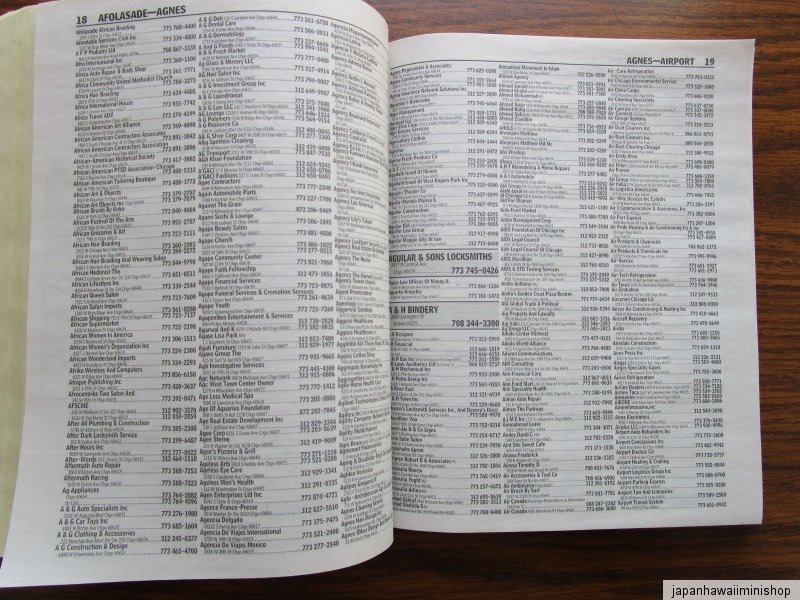Pittsburgh White Pages, once the cornerstone of local information access, offer a fascinating glimpse into the evolution of community record-keeping. From the meticulously handwritten city directories of the past to the vast, searchable databases of today, the journey of finding information about Pittsburgh residents reflects broader technological and societal shifts. This exploration delves into the historical context of these directories, the information they contain, the transition to online resources, and the ever-present concerns surrounding privacy and data security.
We will examine the significant differences between traditional printed directories and their modern digital counterparts, highlighting the advantages and disadvantages of each. This includes a comparison of the types of information available, the ease of access, and the implications for personal privacy in the digital age. Furthermore, we will explore alternative methods for finding information about Pittsburgh residents, examining their relative strengths and weaknesses.
The Evolution of Pittsburgh Directories: Pittsburgh White Pages

Source: trixum.de
Pittsburgh’s city directories, from their humble beginnings as simple listings to their current digital iterations, reflect the city’s growth and technological advancements. These directories served not only as practical tools for finding individuals and businesses but also as valuable historical records, offering insights into the social fabric and economic development of Pittsburgh.
Historical Context of Pittsburgh Directories
The earliest Pittsburgh directories, appearing in the 19th century, were primarily print-based publications. These early editions contained basic information such as names, addresses, and occupations. Over time, the directories expanded to include more detailed information, such as telephone numbers (with the advent of widespread telephone use), business descriptions, and even family details. The transition to the digital age saw the emergence of online directories, offering searchable databases and enhanced features.
This shift dramatically altered how people accessed information about Pittsburgh residents and businesses.
Information Contained in “Pittsburgh White Pages”
A typical Pittsburgh White Pages directory contained a wealth of information categorized by residential and business listings. Residential listings typically included the resident’s name, address, and phone number. Business listings were more comprehensive, providing the business name, address, phone number, type of business, and often a brief description of services offered. However, relying solely on White Pages had limitations; information could be outdated, incomplete, or missing entirely for some individuals or businesses.
| Name | Address | Phone Number | Occupation |
|---|---|---|---|
| Jane Doe | 123 Main Street, Pittsburgh, PA 15219 | (555) 123-4567 | Teacher |
| Acme Corp | 456 Oak Avenue, Pittsburgh, PA 15222 | (555) 987-6543 | Manufacturing |
The Shift to Online Directories
The internet revolutionized information access, significantly impacting the use of printed directories. Online search engines and directories offered unparalleled speed, convenience, and search capabilities compared to their print counterparts. Online directories often provided more detailed information, including business reviews, photos, and interactive maps. This improved access to information for both residents and businesses, making it easier to connect and find what they needed.
| Feature | Printed Directory | Online Directory |
|---|---|---|
| Search Capability | Limited, alphabetical only | Advanced search filters, searches |
| Up-to-date Information | Often outdated | Potentially more current, though accuracy varies |
| Cost | Purchase price | Often free, with potential for premium features |
Privacy Concerns and Data Security

Source: trixum.de
The publication of personal information in directories raises significant privacy concerns. While online directories generally have privacy policies in place to protect user data, the potential for misuse or unauthorized access remains. It is crucial for individuals to understand these policies and take steps to protect their personal information.
- Regularly review your online profiles and settings.
- Be cautious about sharing personal information online.
- Use strong passwords and enable two-factor authentication.
- Monitor your credit report for suspicious activity.
Alternative Resources for Finding Information about Pittsburgh Residents, Pittsburgh white pages
Numerous alternative resources exist for finding contact information in Pittsburgh beyond traditional directories. These resources vary in their strengths, weaknesses, accuracy, and reliability. Understanding these differences is key to effective information gathering.
- Government Websites: Offer public records, though access may be limited.
- Social Media Platforms: Can provide contact information if the individual has a public profile, but accuracy varies.
- Professional Networking Sites: Useful for finding contact information for professionals.
- Pittsburgh Public Library: May hold historical directories and other relevant resources.
Illustrative Example: A Hypothetical Search
Imagine searching for “John Smith” in Pittsburgh. A traditional directory would require manual browsing through alphabetical listings, potentially yielding multiple results. An online search, however, would allow for more precise searches using s, filters, and location data, leading to more targeted and potentially quicker results. A typical online search result page might display a list of potential matches, each with a name, address, phone number, and possibly a photo or link to a social media profile.
The visual representation would be clean, organized, and highly interactive, allowing for easy navigation and filtering of results.
Pittsburgh white pages offer a traditional way to find contact information within the city. However, for individuals seeking broader professional connections, researching someone like erin nance epstein might require exploring online professional networks. Returning to the Pittsburgh white pages, it’s worth noting their continued relevance for basic residential searches, despite the rise of digital directories.
Final Thoughts
The evolution of Pittsburgh White Pages mirrors the broader technological transformation of information access. While printed directories hold historical significance and a tangible connection to the past, online resources now offer unparalleled convenience and breadth of information. However, this shift necessitates a heightened awareness of privacy concerns and the responsible use of personal data. Understanding the historical context, the limitations of each method, and the availability of alternative resources empowers individuals to navigate the landscape of information retrieval effectively and responsibly.
